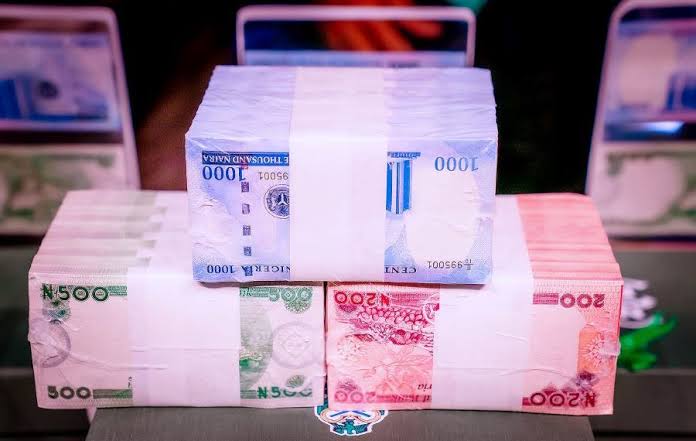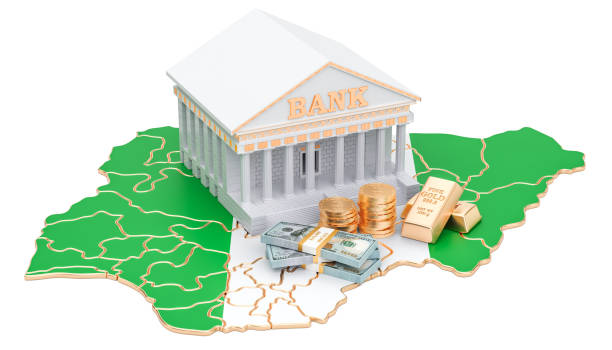KPMG Nigeria has stated that Naira faces further devaluation, as foreign investors reduce their investment interests in Nigeria, the largest economy in Africa.
In the fourth quarter (Q4) of 2022, foreign capital importation dropped by -8.53 per cent, from $1.16 billion capital inflow recorded in Q3 2022 to $1.06 billion.
Join our WhatsApp ChannelThis was disclosed by the National Bureau of Statistics (NBS), and while addressing the report on Thursday, 6 April 2023, KPMG said the drop in foreign capital importation will hinder the recovery of the Naira in the foreign exchange market.
KPMG, in a report, titled; ‘Precipitous Decline in Foreign Capital in a Transition Period,’ said limited access to foreign exchange, multiple foreign exchange regimes and foreign exchange volatilities are some challenges affecting capital importation into Nigeria.
It was also learnt that part of the challenges is high inflation and interest rates, monetary tightening by global economies, lingering insecurity, high cost of doing business, low investor confidence and fiscal and monetary constraints.
The report disclosed that: “Capital importation figures has now shown a persistent decline from $23.9 billion in 2019, $9.65 billion in 2020, $6.70 billion in 2021, and $5.32 billion in 2022.
“The importance of capital inflows in a country where foreign exchange is in high demand to stimulate economic activity is very clear.
“Accordingly, the continuous decline in foreign capital inflows in the presence of dwindling crude oil sales, and [a] generally poor and unstable export earnings, has slowed down foreign reserves accretion and widened the foreign exchange supply gap, thereby putting pressure on the exchange rate which has depreciated for the most part since 2022.
“Additionally, inadequate access to foreign exchange has constrained inputs for production leading to higher production costs, lower revenues and slower economic growth.”
According to KPMG, in the long term, Nigeria will struggle to attract more foreign capital importation, which will make it impossible for the country to prevent the Naira from depreciating further in value.
“While substantial reforms may yet be done to reverse the trend of declining foreign capital in the long term, we believe that in the meantime, the country will struggle to attract increasing foreign capital for most of 2023 and struggle to keep the exchange rate from depreciating further, unless it is able to boost its crude oil and non-oil exports, especially now that oil prices are once again rising,” the KPMG report reads.


















Follow Us